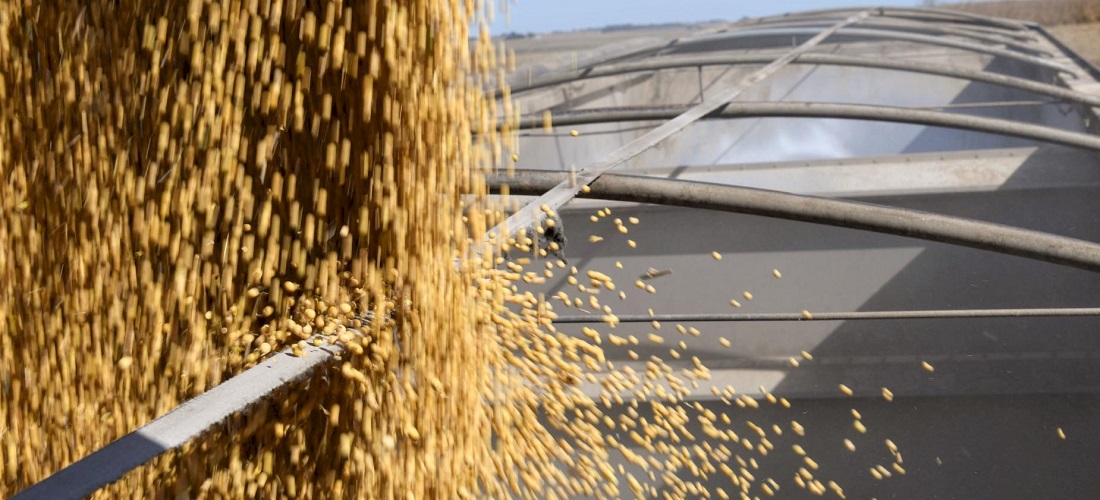
Grains drive agribusiness outcomes
Dec, 04, 2024 Posted by Gabriel MalheirosWeek 202446
The decline in grain prices, driven by high global supply, weighed heavily on the operating and financial performance of agricultural companies in the third quarter of 2024 but offered relief to meatpackers by lowering costs and improving margins.
Meatpackers took advantage of the reduced input costs to decrease leverage, even as rising interest rates continued to strain costs across Brazilian industries. In contrast, companies tied to commodity prices experienced a worsening debt-to-EBITDA (earnings before interest, taxes, depreciation, and amortization) ratio.
A Valor Data survey of 26 agribusiness firms, most listed on B3, revealed that 15 companies increased leverage while 10 managed to reduce it. Fertilizer producer Heringer was excluded from leverage calculations due to a negative EBITDA in the prior 12 months.
Grain companies across the board saw leverage worsen, with BrasilAgro recording a notable increase of 1.01 percentage points.
FS, a corn ethanol producer, posted the highest leverage at 4.91 times, a 1.83-point rise attributed to a 12-month EBITDA still impacted by last year’s weak results. However, falling grain prices boosted FS’s performance in the quarter, with EBITDA soaring sevenfold to R$169.4 million.
“We’re seeing a scenario of abundant supply driving lower grain prices and presenting profitability challenges for grain producers. This underpinned the third quarter,” Guilherme Pedroni Palhares, senior analyst at Santander, told Valor.
SLC Agrícola saw margins compress under the combined pressure of lower corn and cottonseed prices and declining productivity. The company ended the quarter with a 99% drop in profit and a 0.66-point increase in leverage, which reached 2 times.
BrasilAgro reported a profit only due to land sales; without them, it would have faced a R$10.5 million loss. Despite this, its leverage climbed by 1 point to 1.29 times, driven by higher debt and interest rates.
The input sector also felt the ripple effects of lower grain prices and delayed rains, as producers postponed purchasing seeds, fertilizers, and pesticides. This delay hit revenues and EBITDA at companies like Heringer, Boa Safra Sementes, and Vittia. Vittia faced an additional squeeze on margins due to declining organic sales.
It was not possible to assess the impact on Agrogalaxy, which is currently in receivership, as the release of its balance sheet has been postponed until December 19.
Gabriel Barra, an analyst at Citi, suggests that some of the improved third-quarter results among agricultural companies might “spill over” into the fourth quarter, thanks to the return of rains stimulating the planting of the new soybean crop. “The risk of corn delays has also significantly diminished,” he added.
-
Grains
Feb, 10, 2022
0
Brazil started exporting more dried pulses to India
-
Meat
Mar, 26, 2025
0
TCP Sees 22% Surge in Beef Exports
-
Other Cargo
Jun, 23, 2022
0
US urges countries to seek them out in case of importation problems created by sanctions
-
Shipping
Jul, 13, 2023
0
OOCL launches Europe East Coast South America Express (EEX) service



